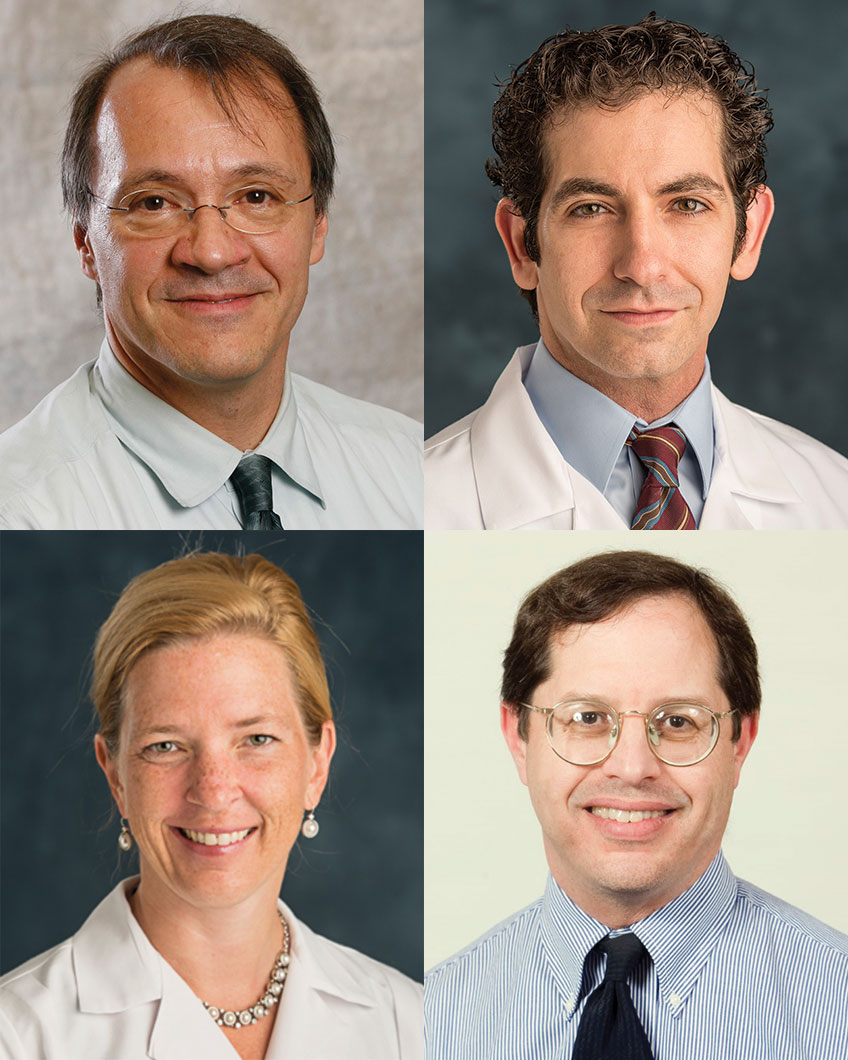ASSISTANT PROFESSOR MICHAEL COLE ET AL. (Emergency Medicine, Medical School) won the Provost's Teaching Innovation Prize in 2017 for their project, Teaching Early Learners “How Doctors Think” in the Chief Concern Course.


The design of the Chief Concern Course (CCC) takes a whole-task approach to teaching the complex skill of clinical reasoning to first-year medical students. The curriculum guides the students through increasingly complex cases and emphasizes prompt feedback on the performance of learning tasks, just-in-time information and resources, and opportunities to practice recurring procedures until they become automatic.
Each case begins with a “chief concern,” a patient’s main reason for seeking care. Cases horizontally integrate content from students’ science courses, but discourage overly compartmentalized thinking by deliberately “crossing” organ systems. Students learn an approach to thinking about clinical problems at a time when their content knowledge is just forming, rather than focusing on rote memorization of specific diseases.
The CCC encourages novice students to engage in largely analytic thinking while developing their skills surrounding how to interpret a patient’s symptoms in relation to established patterns of disease or hypothesis testing. The “inverted pyramid” model represents an effective clinical reasoning process, guiding students’ visualization and understanding of patient data, leading to a diagnosis and informing a plan of action.
Student Comments
“The CCC was the first time that I felt like I was beginning to think like an actual doctor. The array of seemingly disparate facts, labs, and physical exam features swimming in my head were drawn together in order to confront the realities of having to diagnose and develop plans of action for patients.”
“Basic facts come and go with ease. But the ways of thinking about and approaching clinical scenarios that I have learned through the CCC have endured and continue to develop through my medical training.”
“I love Chief Concern. It is really fun! I love how interactive it is, and how much it makes us think and work together to reach the correct diagnoses. I really like the problem-solving nature of Chief Concern and how relevant it is to what we will be doing in the near future.”
“It was an incredibly valuable experience that taught me a lot of new information. I am very happy we have this course early on as M1 students.”




